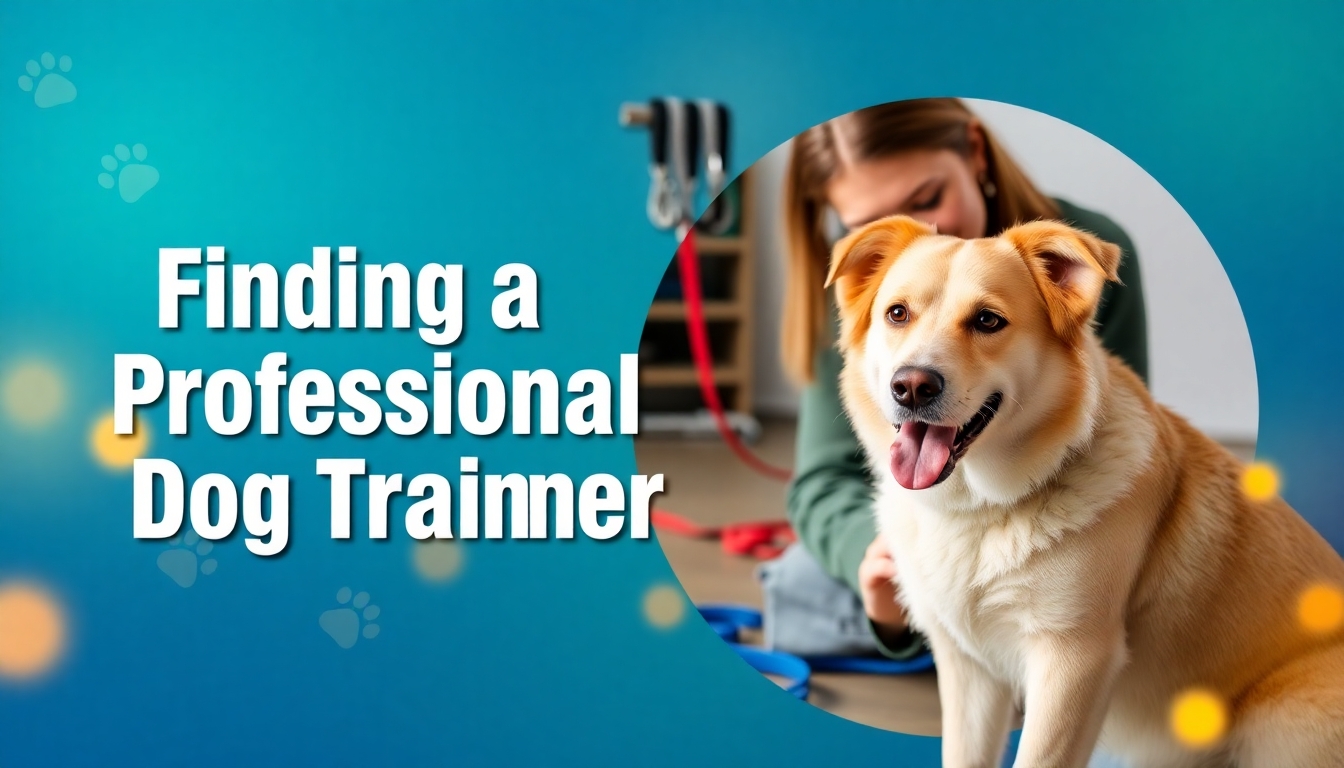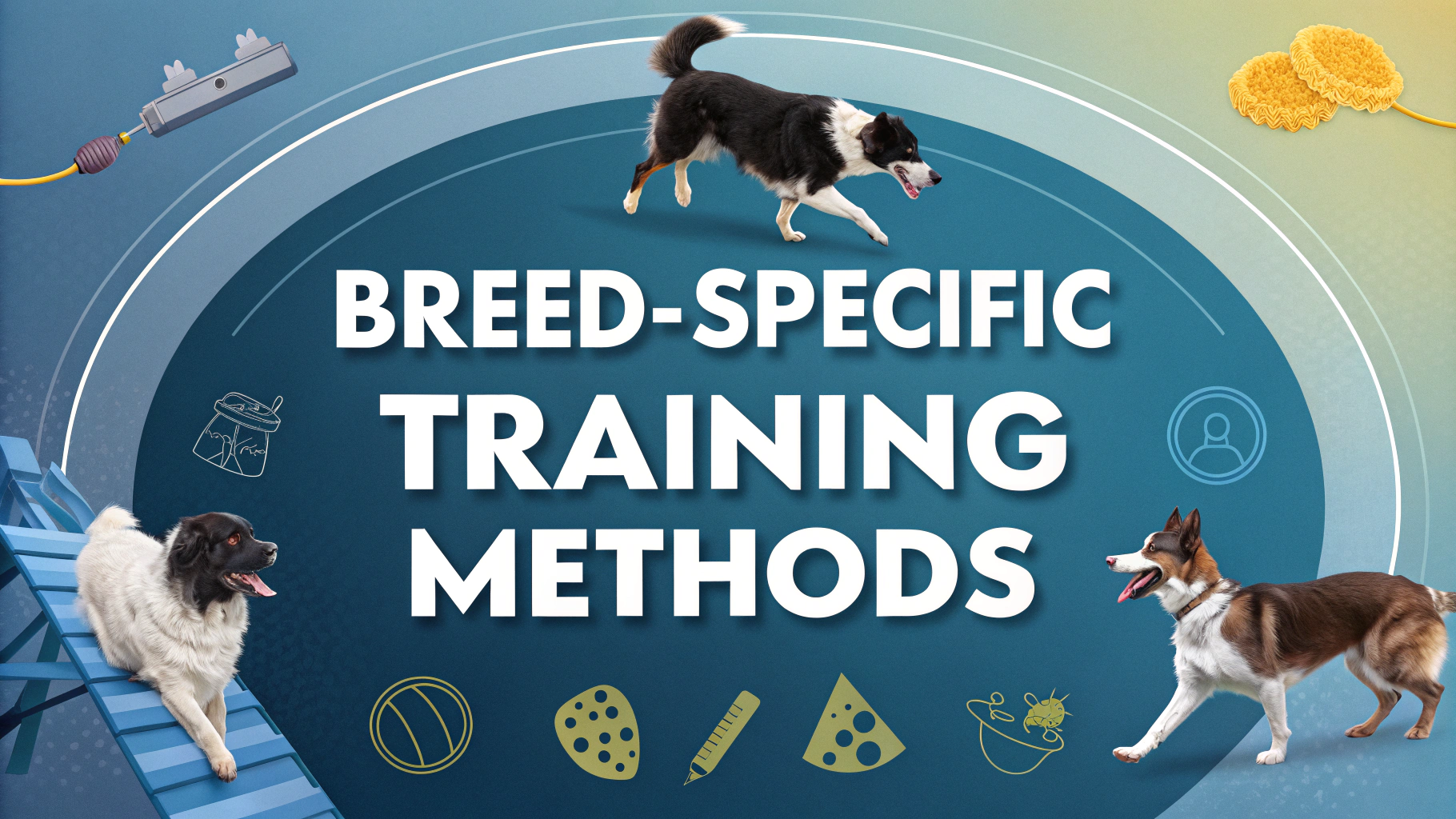Finding the right professional dog trainer takes research, patience, and careful consideration of your specific needs.
Quick Assessment Checklist
- Training philosophy matches your values
- Verifiable credentials and certifications
- Positive client testimonials and reviews
- Clear pricing and training packages
- Clean, safe training facility (if applicable)
Where to Look for Qualified Trainers
- Certification Council for Professional Dog Trainers (CCPDT)
- Karen Pryor Academy Certified Training Partners
- Association of Professional Dog Trainers (APDT)
Ask your veterinarian for local recommendations, as they often work closely with reputable trainers.
Red Flags to Watch For
- Trainers who guarantee results in a specific timeframe
- Use of harsh correction methods or outdated techniques
- Unwillingness to let you observe training sessions
- No insurance or liability coverage
- Lack of continuing education
Questions to Ask Potential Trainers
| Question | Why It Matters |
|---|---|
| What training methods do you use? | Ensures alignment with your values and current science-based approaches |
| Can I observe a training session? | Shows transparency and confidence in their methods |
| What certifications do you hold? | Indicates professional commitment and knowledge level |
Types of Training Services
- Private Sessions: One-on-one attention for specific issues
- Group Classes: Socialization opportunities and basic obedience
- Board and Train: Intensive training while you’re away
- Day Training: Training during daytime hours only
Consider your budget, schedule, and specific training goals when selecting a service type.
Making the Final Decision
- Request and contact references
- Review the training contract thoroughly
- Trust your instincts about the trainer’s compatibility with you and your dog
- Ensure the trainer has experience with your specific breed or behavior issues
Remember that good trainers will welcome questions and demonstrate patience in explaining their methods.
Cost Considerations
Professional training typically ranges from $50-150 per hour for private sessions, while group classes might cost $50-200 for a multi-week program.
Getting Started
Schedule consultations with at least three trainers before making your final choice.
Document your dog’s specific behavioral issues or training goals before meeting with potential trainers.
Ask for a written training plan and timeline to ensure clear expectations.
Training Success Tips
- Maintain consistency with training methods at home
- Keep a training log to track progress
- Communicate regularly with your trainer about challenges
- Practice exercises between sessions
- Include all family members in the training process
Additional Resources
- Local dog training clubs
- Online training communities
- Breed-specific organizations
- Professional dog training podcasts
- Dog behavior books and publications
Long-term Considerations
Ongoing Support
- Follow-up sessions as needed
- Access to trainer for questions
- Advanced training opportunities
- Refresher courses
Maintenance Training
- Regular practice sessions
- Socialization opportunities
- Skills reinforcement
- Behavior management strategies
Conclusion
Selecting the right dog trainer is a crucial investment in your dog’s future. Take time to research, interview, and evaluate potential trainers thoroughly. Remember that successful training requires commitment from both the trainer and the owner. With proper research and dedication, you can find a professional trainer who will help you and your dog build a strong, positive relationship based on trust and understanding.
Start your search today by contacting certified professionals in your area and scheduling initial consultations. The time and effort invested in finding the right trainer will pay dividends in your dog’s behavior and your peace of mind for years to come.
FAQs
- What qualifications should I look for in a professional dog trainer?
Look for certifications from recognized organizations like CPDT-KA (Certified Professional Dog Trainer-Knowledge Assessed), KPA (Karen Pryor Academy), or IAABC (International Association of Animal Behavior Consultants). Also check for liability insurance and references from past clients. - How much does professional dog training typically cost?
Private training sessions typically range from $50-150 per hour, while group classes can cost $50-200 for a 4-8 week course. Board and train programs may range from $500-2500+ depending on duration and location. - What’s the difference between group classes and private training sessions?
Group classes are better for socialization and basic obedience in a controlled environment, while private sessions address specific behavioral issues and provide personalized attention in your home environment. - How long does professional dog training usually take?
Basic obedience typically requires 6-8 weeks of consistent training. However, addressing specific behavioral issues may take 3-6 months or longer, depending on the dog and the problem’s severity. - Should I choose in-home training or a training facility?
In-home training helps address specific household issues and allows the trainer to see the dog’s natural environment. Training facilities offer controlled environments and specialized equipment but may not replicate real-world situations. - What methods should a good trainer use?
Look for trainers who use positive reinforcement methods and force-free training techniques. Avoid trainers who rely heavily on punishment or aversive methods, as these can damage your dog’s trust and confidence. - How do I know if a trainer is right for my dog?
Ask to observe a training session first, check their experience with your specific breed or issue, and ensure they communicate well with both you and your dog. A good trainer should be willing to explain their methods and answer your questions. - What should I do to prepare for professional training?
Gather your dog’s medical history, document specific behavioral concerns, and prepare questions about the training process. Also, ensure your dog is up-to-date on vaccinations if attending group classes. - How involved should I be in the training process?
You should be actively involved in training sessions and practice exercises between sessions. A good trainer will teach you how to continue training independently and maintain progress after formal sessions end. - What red flags should I watch for when selecting a trainer?
Avoid trainers who guarantee results, use outdated dominance theory, refuse to explain their methods, or make you feel uncomfortable about their training techniques. Also be wary of those who won’t allow you to observe sessions or lack proper credentials.












